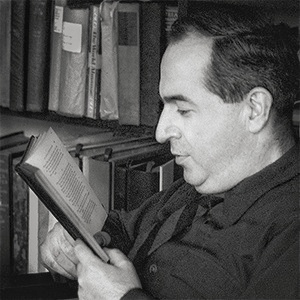A Quote by Carl Jung
That which compels us to create a substitute for ourselves is not the external lack of objects, but our incapacity to lovingly include a thing outside of ourselves
Related Quotes
In man's life, the absence of an essential component usually leads to the adoption of a substitute. The substitute is usually embraced with vehemence and extremism, for we have to convince ourselves that what we took as second choice is the best there ever was. Thus blind faith is to a considerable extent a substitute for the lost faith in ourselves; insatiable desire a substitute for hope; accumulation a substitute for growth; fervent hustling a substitute for purposeful action; and pride a substitute for an unattainable self-respect.
We can stop picking on ourselves for picking on ourselvesWe can cherish ourselves and our lives. We can nuture ourselves and love ourselves. We can accept our wonderful selves, with all our faults, foibles, strong points, weak points, feelings, thoughts, and everything else. It's the best thing we've got going for us. It's who we are, and who we were meant to be. And it's not a mistake. We are the greatest thing that will ever happen to us. Believe it. It makes life much easier.
Some of us are darkness lovers. We do not dislike the early and late daylight of June, but we cherish the increasing dark of November, which we wrap around ourselves in the prosperous warmth of wood stove, oil and electric blanket. Inside our warmth we fold ourselves, partly tuber, partly bear, in the dark and its cold - around us, outside us, safely away from us. We tuck ourselves up in the comfort of cold's opposite, warming ourslves by thought of the cold, lighting ourselves by darkness's idea.
We compromise ourselves the day we are born. If we are looking for the original sin, there it is- our incapacity to live honestly with ourselves because we are human, because we are shackled by custom, by obligations and we accept compromise only in the light of our conscience, answerable as we are only to ourselves.
The whole machinery of our intelligence, our general ideas and laws, fixed and external objects, principles, persons, and gods, are so many symbolic, algebraic expressions. They stand for experience; experience which we are incapable of retaining and surveying in its multitudinous immediacy. We should flounder hopelessly, like the animals, did we not keep ourselves afloat and direct our course by these intellectual devices. Theory helps us to bear our ignorance of fact.




































